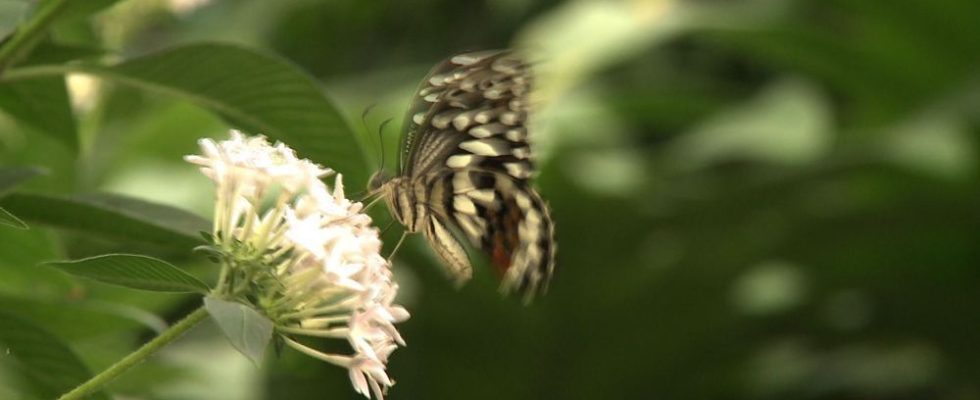It is one of the most controversial proposals from the European Commission. The highly criticized nature restoration law is again being examined by MEPs on Tuesday June 27, after a tense first session on June 15. The members of the Environment Committee will have to study the remaining articles one by one, an essential step before the vote in plenary session, scheduled for July. And for now, nothing is won.
At first glance, there is consensus on the principle of the law. It is supposed to preserve biodiversity in Europe, while 80% of natural habitats are degraded. Grasslands, peat bogs and dunes are particularly affected. Proposed in June 2022, the law aims to restore at least 20% of these habitats in terrestrial and marine areas by 2030. The text is presented as a pillar of the green pact, a set of around fifty projects intended to protect the environment. In addition to the preservation of species, it should also make it possible to fight against global warming.
Since there is urgency, the law will be legally binding. Each State will have to submit an action plan. It will have to take into account the seven specific areas identified, such as that of pollinating insects or marine ecosystems. By 2030, 30% of degraded habitats should have undergone restoration measures at the scale of each country, 60% in 2040 and 90% in 2050. Planting trees, creating hedges and of ponds, the extension of green spaces in the city, or even the humidification of dry peat bogs are part of the avenues of work proposed.
Agriculture in danger?
But, if these constraints have been welcomed by environmental organizations, they do not please the right at all. The European People’s Party (EPP), the leading political party in the European Parliament, is fiercely opposed to the text. He is supported by the far right and by some of the Renew liberals, including Renaissance. According to the EPP, the nature restoration law will have a disastrous impact on agriculture and fishing. It will eat away at the spaces earmarked for it and endanger Europe’s food security, while driving up food prices. In the wake of these arguments, the Rural Development and Fisheries Committees rejected the text.
On a national scale, the law does not only make people happy either. Sweden, Finland, the Netherlands, Poland, Austria and Belgium have issued reservations, weakened by inflation and the war in Ukraine. The Scandinavian countries were alarmed at the impact on their powerful forestry. The Netherlands deplored insufficient consideration of intensive farming areas or densely populated regions. Poland considered the funding insufficient and warned of the consequences for human activity.
The debate rages in Parliament
This rhetoric is disputed by the Greens and the Social Democrats, who believe that agriculture is compatible with the preservation of nature, while denouncing a disinformation campaign led by the right. More than 3,000 scientists also came out in favor of the law in an open letter published in mid-June. Some deputies also recall that the text did not arouse any outcry when it was presented last year. Inflation has changed the game, especially a few months before the European elections, scheduled for June 2024.
Meeting on June 20, the Ministers for the Environment of the Member States reached an agreement on the text. It must now pass the stage of the Environment Committee. The latter narrowly dismissed a motion to reject filed by the right on June 15, with 44 votes in favor and 44 votes against. The debate should continue to rage around the remaining amendments, before being exported to the whole of Parliament.
